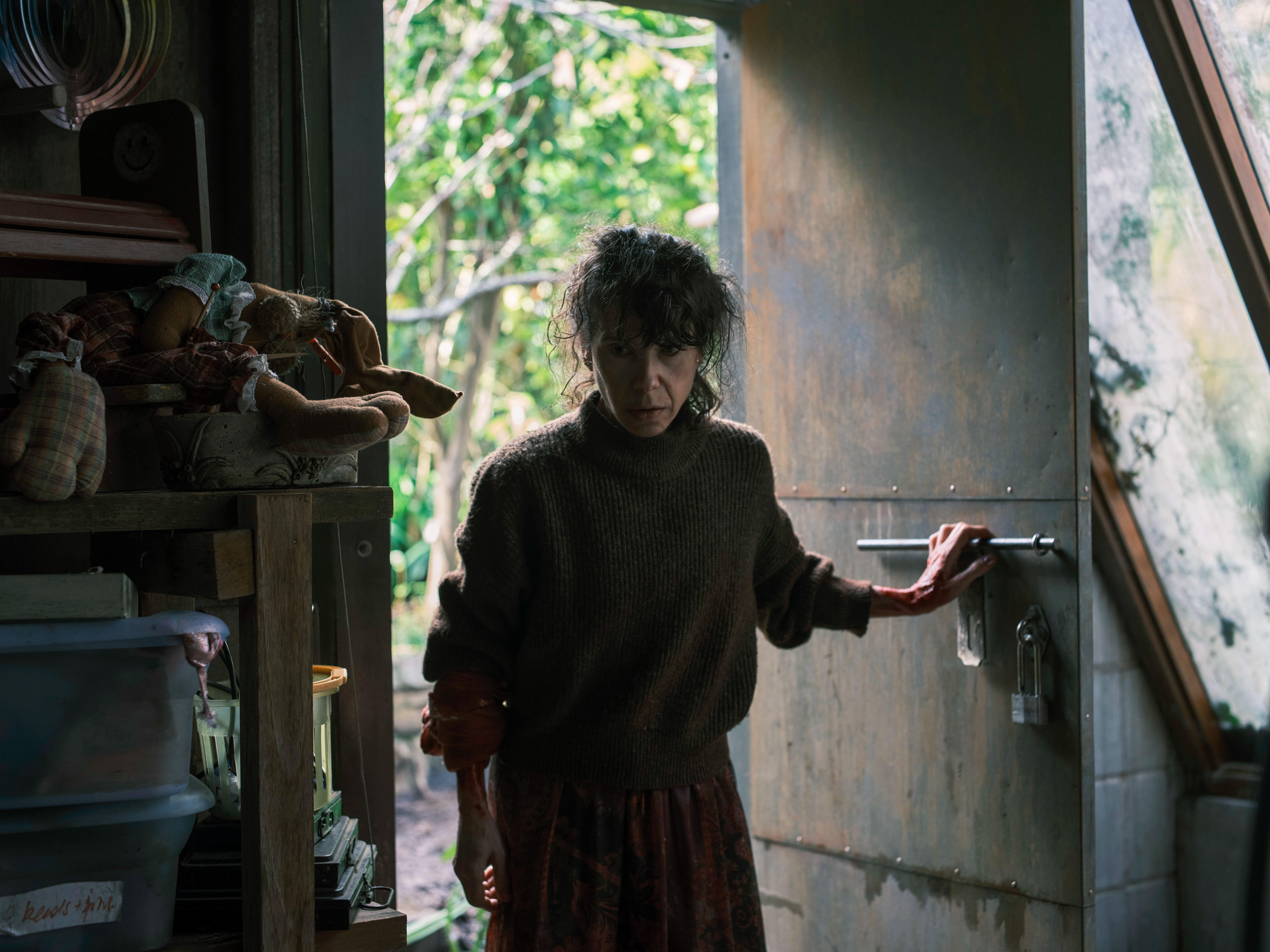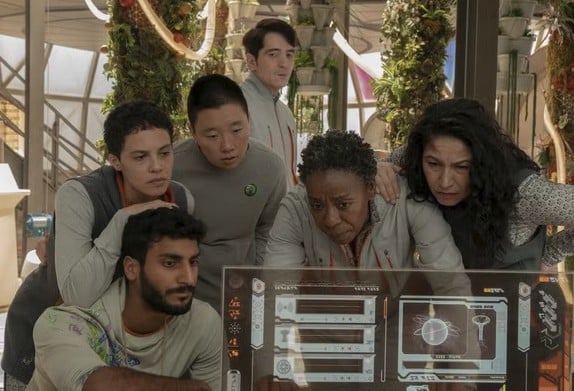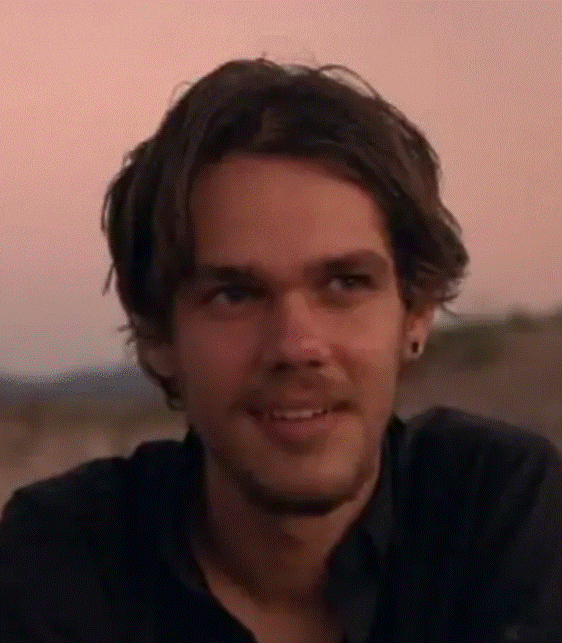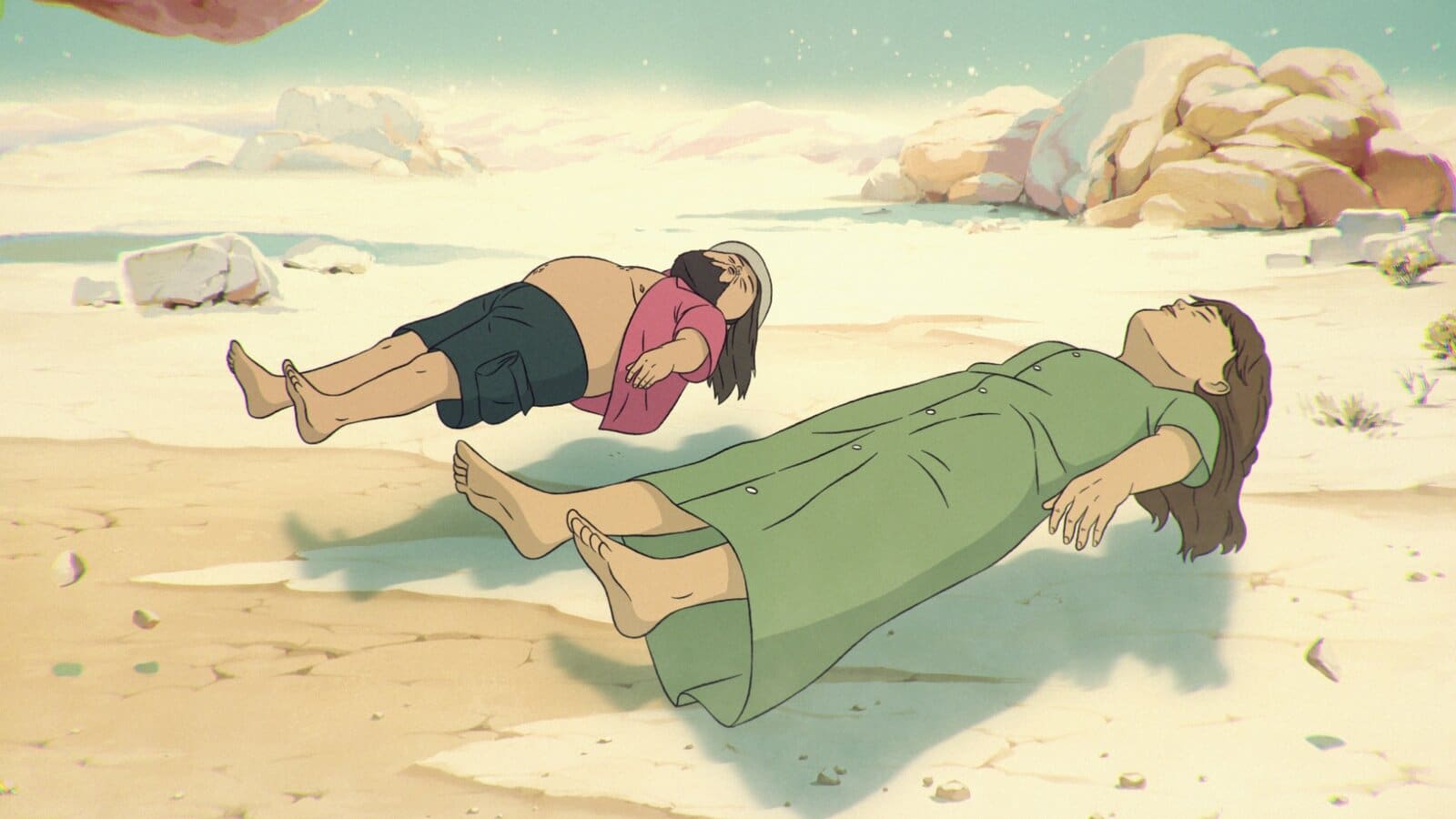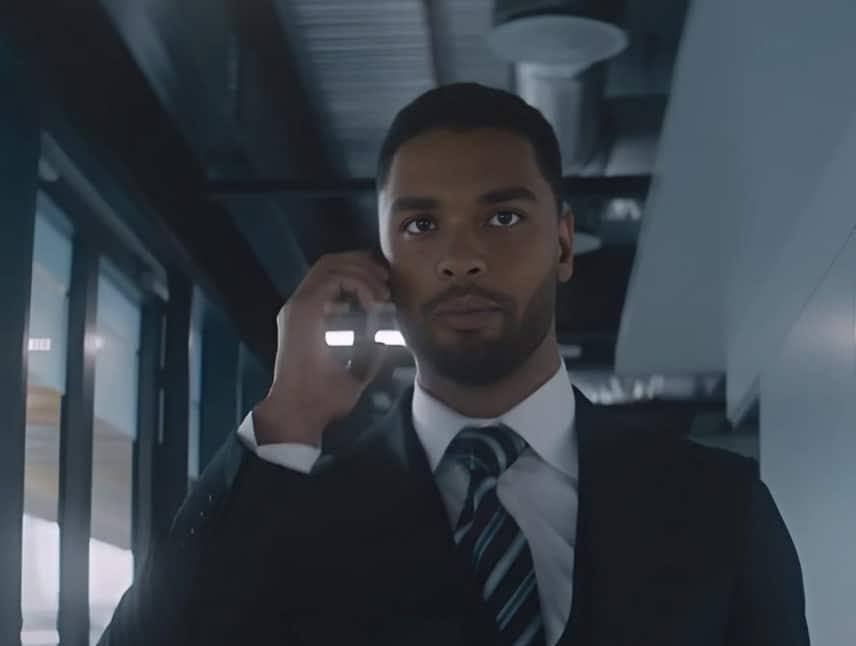Watercooler Pick
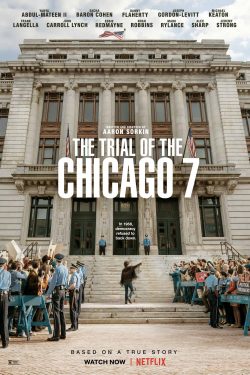
The Trial of the Chicago 7
- Movie
- Where to Find It: Netflix
- Rating: R
- Release Date: 2020
- Runtime: 2 hours 10 minutes
Recommended by:
Share on social media
Find More Watercooler Picks
A top awards contender, offered free on the Netflix YouTube channel for 48 hours February 19th-21st, The Trial of the Chicago 7 both is and isn’t about the bloody riots and police brutality that occurred around the Democratic National Convention in Chicago in August 1968. It focuses on the period after Nixon won the 1968 election, when some of the anti-war protestors (or, depending on your politics, rioters, dissidents, troublemakers), which the outgoing Democratic Department of Justice had declined to prosecute, were forced to stand trial by the incoming Republican Department of Justice.
There are montages of that summer’s violence that I remember watching in horror on TV. I had a child in diapers, but still thought I should have been there with my antiwar friends, getting billy-clubbed and arrested to protest the war that threatened my husband, my brother, even my toddler son. “The whole world is watching!” I chanted, too.
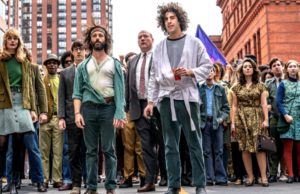
Written and directed by Aaron Sorkin, Trial is an ideal showcase for the Oscar winner’s virtuosity. Sorkin is a formalist. In his script-writing Masterclass, he assigns Aristotle’s Poetics. He is not drawn to the bloody, red-meat spectacle of a battle, but to the subtle intricacies of its implications and aftermath: who, if anyone, can be said to have won, and what?
So, as a matter of form, he hints in the very beginning of the film at a broad constitutional question that emerges later as the critical turning point: John Mitchell, the unpleasant, new Republican Attorney General (played by John Doman), erupts furiously in front of subordinates about a perceived insult from Ramsey Clark (played by Michael Keaton), the outgoing Democrat Attorney General.
These cowed subordinates turn out to be the prosecution lawyers. Meanwhile, Sorkin still has to introduce the seven defendants (eight, until Black Panther Bobby Seale is given his own trial), plus their lawyers, and the judge.
The judge is played with arch villainy by Frank Langella, his detail-impaired antagonism toward the defendants evident from the start. But there is also antagonism between the defendants: Tom Hayden and Rennie Davis, from Students for a Democratic Society (SDS) clash over strategies with Jerry Rubin and Abbie Hoffman, who are promoting the “Flower Power” Yippies’ cultural revolution. Too often, Hayden, played by Oscar-winner Eddie Redmayne, gets upstaged by Sacha Baron Cohen’s Hoffman. While Hoffman and Rubin provide all the comic relief, mocking the judge and even Hayden for getting his hair cut for the trial, they seem too stoned to understand the serious legal peril they are in. Redmayne, as maybe Hayden in real life, seems to tire of playing straight man to them.
One performance that gets too little mention is Mark Rylance’s as William Kunstler. A highly-regarded British stage-actor, his slouching, disheveled, pro-bono lawyer owns any scene when he has more than one line.
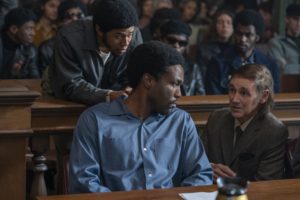
About Yahya Abdul-Matteen II’s performance as Bobby Seale there is hardly anything to say without giving away an important chunk of the plot, yet to say little seems incredibly racist. You’ll have to see the film to understand why. Seale was the leader of the Black Panthers who never met any of the other defendants; he was invited to the Chicago Convention to speak. He eventually is given his own trial, but not before a scene that should bear a Trigger Warning.
Over a decade in production, the film dramatizes the current rift in values and philosophies between the political right and left in the U.S. today. But The Trial of The Chicago 7 takes the fight out of the street and into the halls of power. The villains are high-ranking white men who bully and abuse power, and there is no hope for recourse because the courts are not neutral arbiters of justice, just watchdogs for the powerful. Any pertinent conclusion is that our judicial system needs a major overhaul.
“Unprecedented” is a word pundits use too loosely these days to describe the nightmarish news of 2020. The Trial of the Chicago 7 offers plenty of precedents, reminding us of philosopher George Santayana’s warning that “Those who do not learn history are doomed to repeat it.”
Your kids or your parents, as it offers parallels that can help bridge the inevitable divides between the generations. But be aware that there’s some violence and blood, and a scene mentioned above with Bobby Seale that is shocking and disturbing.
Aaron Sorkin isn’t credited as a member of the jury, but there is an amazing body-double sitting front-row-center.
- Moods: enlighten me, take me back
- Interests: conversation worthy, crime and punishment, history, politics, true stories

Mary Beth Ross



